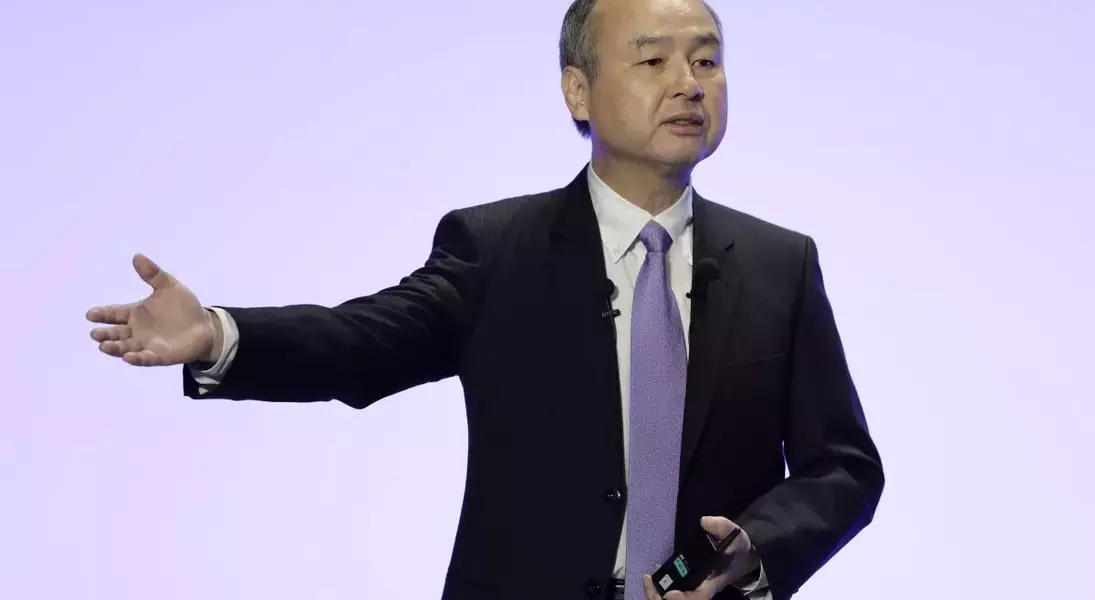
Japanese conglomerate SoftBank is reportedly negotiating a significant investment in OpenAI, potentially injecting up to $25 billion into the Microsoft-backed startup. This move could see SoftBank committing over $40 billion towards artificial intelligence initiatives with OpenAI. The investment would surpass Microsoft’s backing and position SoftBank as the largest single investor in OpenAI. Additionally, both companies plan to collaborate on a major data center project named Stargate, which could reach a staggering $500 billion investment over four years. This strategic partnership comes at a time when market dynamics are shifting due to advancements in AI technology and concerns about resource-intensive hardware investments.
The Financial Implications of SoftBank's Investment
SoftBank’s potential financial commitment to OpenAI represents a monumental shift in the tech industry. With plans to invest between $15 billion and $25 billion directly into OpenAI, alongside an additional $15 billion for the Stargate project, this deal signifies a massive endorsement of AI’s future potential. The investment would not only solidify SoftBank’s role as a key player in AI but also provide OpenAI with the resources needed to expand its operations and infrastructure. Moreover, this partnership aims to reduce OpenAI’s reliance on Microsoft for cloud computing resources, marking a significant change in their relationship.
SoftBank’s founder, Masayoshi Son, has made bold moves before, such as investing $16 billion in WeWork. This new venture with OpenAI could be one of his most ambitious yet. The proposed investment would enable OpenAI to pursue more aggressive growth strategies, including expanding its research capabilities and exploring new business models. Furthermore, the deal highlights the growing importance of AI in shaping the future of technology. By diversifying its funding sources, OpenAI can better navigate the competitive landscape and address emerging challenges. For instance, the company is currently investigating claims that another firm, DeepSeek, may have used OpenAI’s proprietary models to develop competing products, raising concerns about intellectual property protection.
Market Reactions and Future Prospects
The announcement of SoftBank’s investment has sparked discussions about the broader implications for the tech industry. Market reactions have been mixed, especially following the release of DeepSeek’s R1 model, which demonstrated that significant advancements in AI can be achieved with relatively modest budgets. This development has led to volatility in the stock market, particularly affecting companies like Nvidia, which saw a substantial loss in market value. Investors are now questioning whether large-scale investments in expensive AI hardware are necessary if similar results can be obtained with fewer resources.
Despite these concerns, SoftBank’s investment signals confidence in the long-term potential of AI. The collaboration between SoftBank and OpenAI could lead to groundbreaking innovations and set new standards in the industry. The Stargate project, for example, aims to establish state-of-the-art data centers that will support OpenAI’s computational needs. This initiative underscores the importance of robust infrastructure in advancing AI technologies. Additionally, OpenAI is exploring options to transition into a for-profit entity, which could facilitate further fundraising efforts and enhance its operational flexibility. As the AI sector continues to evolve, partnerships like this will play a crucial role in driving progress and addressing emerging challenges.
